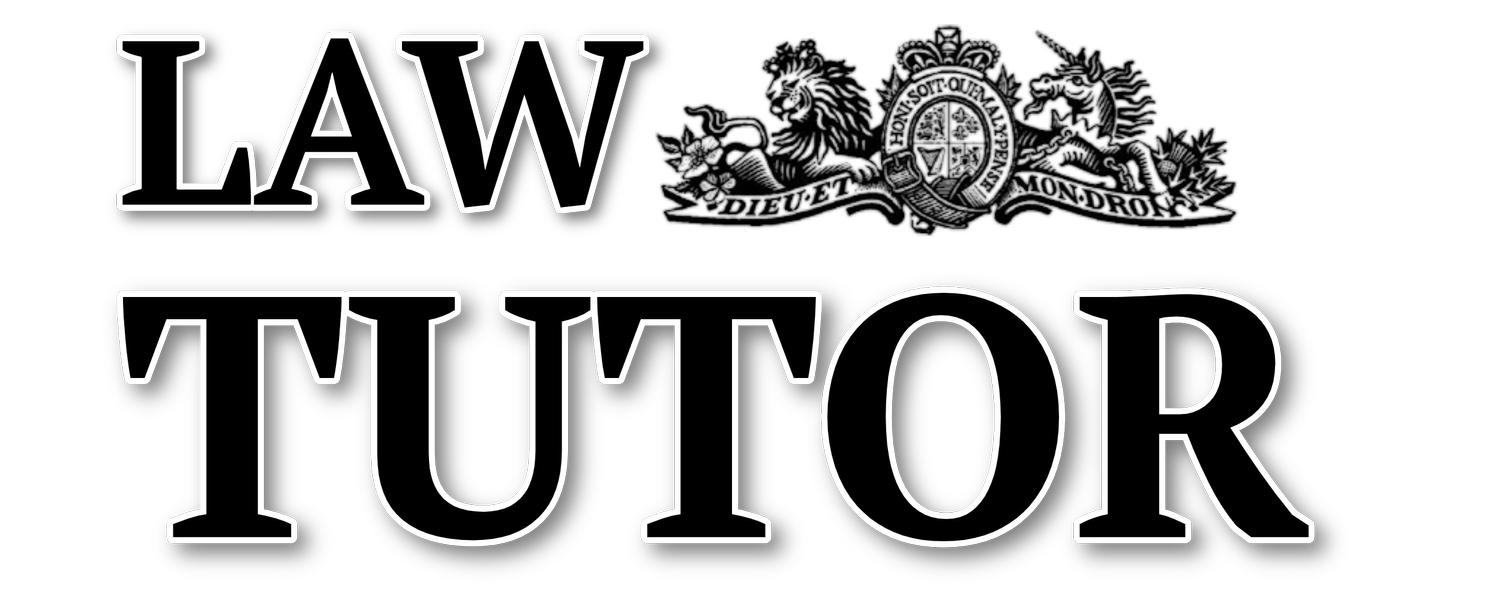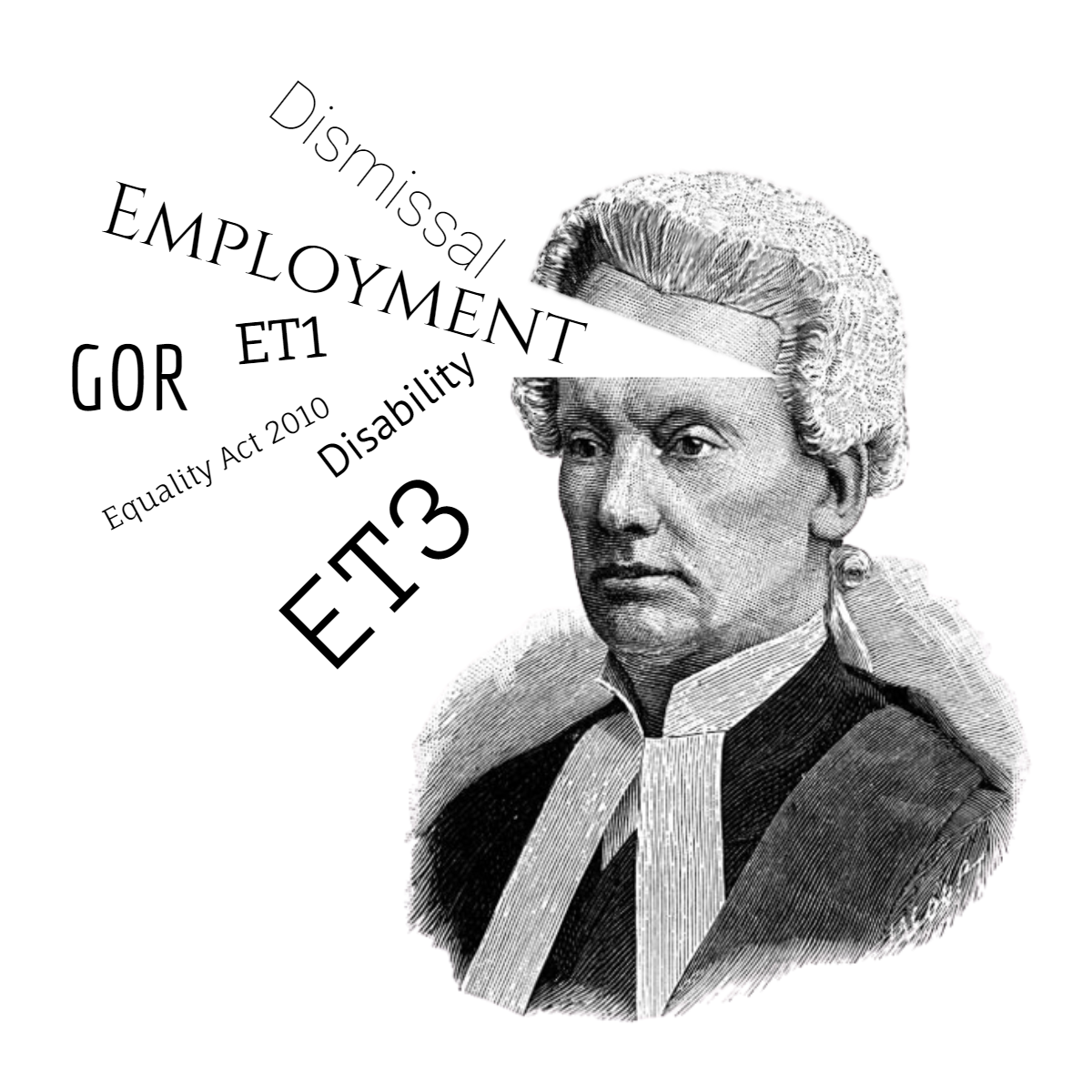Employee
Status
Employee Status Meaning
Statutes offer various rights and safeguards to working people, depending on their specific circumstances. Before providing advice about an individual's employment rights, it is necessary, as a result, to ascertain the status of the person working under a contract. There are three different outcomes that may occur.
Employee
Statutory employment rights are aimed at protecting working individuals who are most closely connected to and dependent on their employer. Most working people fall into this category and are called “employees”. Employees benefit from all statutory employment protection. Section 230(1) ERA defines an employee as “an individual who…works under…a contract of employment”.
Worker
There is a second category of working individual called “worker”. Workers are similar to employees but tend to be less connected to their employer and may work on a more casual basis. Workers benefit from most statutory protection but not all. Section 230(3) ERA defines a worker as “an individual who has entered into works under:
a) a contract of employment; or
b) any other contract whether express or implied (and if it is express) whether oral or in writing whereby the individual undertakes to do or perform personally any work or services for another party to the contract whose status is not by virtue of the contact that of a client or customer of any profession or business undertaking carried on by the individual.”
Self-employed
There are some working individuals who are in business on their own account and work for themselves. They provide services to their clients and customers but do not work for them in the same sense as employees or workers. As a result, they do not benefit from most of the statutory protection.
Distinguishing categories
In most cases it is clear which category an individual belongs to. There are however some individuals who are difficult to categorise because the employment arrangement they are in is mixed in character. Where this happens, lawyers and employment tribunals are forced to look beyond the statutory definition and turn to the tests which have been laid down by case law.
For example, to determine whether an individual is an employee the starting point is to refer to s.230 ERA. If this does not resolve the matter one must turn to case law.
Irreducible minimum
From the case of Ready Mixed Concrete (South East) Ltd v Minister of Pensions and NI [1968] 1 All ER 433 the following characteristics (or “tests”) must be present for an individual to be categorised as an employee:
Personal service
Control
Other provisions that are consistent with a contract of service
Mutuality of obligation
The correct way to identify the existence of a contract of service is to consider the above tests, other factors and the overall picture.
Other factors - examples
How is the individual is paid?
Who pays tax and National Insurance?
Who provides the tools and equipment?
Employment Coaching
Get help with your employment rights, as it arises at work. If you are having problems at work you may not understand where to start. I can coach you to navigate your Employment Policies and Procedures. This can help you argue your employment issue and organise any potential claim in the right way up to the employment tribunal if needed. As an expert law tutor I will guide and support you through the whole process. I offer simple, cost effective and confidential employment advice for employees/workers on employment issues you experience at work. I particularly want to assist anyone who has been discriminated.
Employment Rights
I have been teaching law for 20 years. Moreover, I have gained a lot of employment law experience advising both individuals and companies. I have had many successful outcomes but more than that I have had countless cases that ended in settlements because the case could not be won by the employer. If you are having problems at work why not get someone to teach you how employment law works. I provide valuable advice while you are having trouble at work and can coach you through a successful outcome. I have been just as effective for defending employment claims for businesses.
HOw I can Help?
I need to raise a Grievance
How to gather evidence for my grievance
How to appeal my grievance
Defend a disciplinary
Dealing with a potential unfair dismissal
Is this an automatic unfair dismissal?
What are protected acts?
Resign and claim constructive dismissal
Is my Redundancy fair
What is the process for Whistleblowing?


